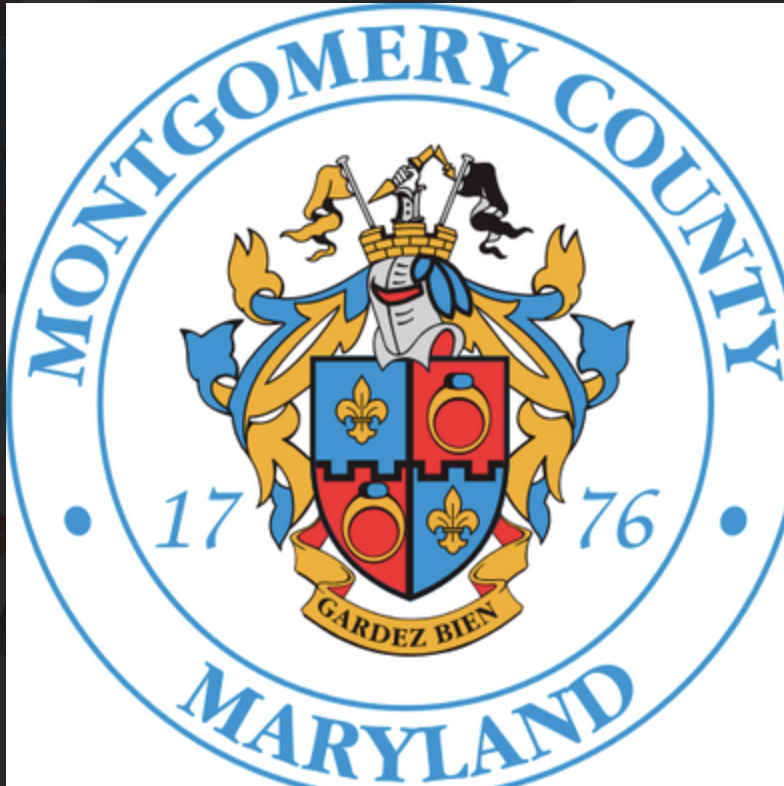Schools squeezed: budget cuts threaten education’s vital foundation
Photo courtesy of @MoCoCouncilMD on Twitter
Seen above is the symbol of the Montgomery County Council of Maryland. The MOCO Council continues to debate over County Executive Marc Elrich’s proposed budget, allocating $239.9 million for the new fiscal year.
May 31, 2023
Schools are more than mere buildings; they serve as the bedrock of the community, shaping future leaders and innovators. So why has the Montgomery County Council approved a plan for over $25 million in MCPS budget cuts? The impact of these cuts poses significant risks for MCPS schools, students, and the quality of education they receive.
MCPS is spending less per student than it did over a decade ago, a fact that is simply disheartening. This disinvestment sends a distressing message to the community, jeopardizing the foundation that attracted many Maryland residents to Montgomery County – an esteemed education system. Recognizing the negative effects of these proposed cutbacks is crucial, and advocating for the necessary resources to secure the future of the county is of utmost importance.
If the final vote on June 6 is in favor of budget cuts, it will directly compromise the education and well-being of students. When increasing enrollment and a shortage of staff and faculty are already straining the school system, further reductions will only aggravate the issue, overwhelming teachers, administrators and staff. This increased workload and limited resources hinder their ability to provide optimal guidance and support to students.
Reduced funding hampers the development of meaningful relationships between staff and students, which are vital for personal and academic growth; fewer resources available for teachers make it challenging to provide individual attention and support to each student. Consequently, the learning environment suffers and fails to nurture the youth.
Budget cuts also hinder the progress of specialized programs and services catering to students with diverse learning needs. These programs rely on adequate funding to provide individualized care and support for students with learning differences or developmental disabilities. Reducing resources will only undermine the opportunities these students deserve.
On top of that, budget cuts directly impact staff retention and recruitment. Dedicated educators deserve fair compensation for their invaluable contributions. Without competitive salaries and sufficient support, the risk of losing talented educators to other districts or career paths increases.
In light of these concerns, supporting County Executive Marc Elrich’s proposed budget to fully fund MCPS at $3.2 billion, is imperative. Out of this $3.2 billion, the Montgomery County Council has already decided that $25 million should be cut from this budget request, while another $200 million has been placed on a budget reconciliation list for further consideration – which may be due to the fact that MCPS has requested $230 million more than before for the new fiscal year.
Despite that, the council members are not fully justified in their decision: Elrich’s proposed revenue enhancement measure, which increases the County’s property tax rate, offers the only sensible solution to cover budget shortfalls without compromising the future of students. Although the allocation may seem excessive, it will properly provide the necessary resources to accommodate the growing student population and address the learning loss exacerbated by the COVID-19 pandemic.
For those reasons, it is vital for the WCHS community to urge the Montgomery County Council to prioritize the education and well-being of students by passing the MCPS proposed budget with the necessary revenue enhancements. This investment in education will demonstrate a commitment to closing achievement gaps, supporting social and emotional development and ensuring a well-rounded education for every student.



